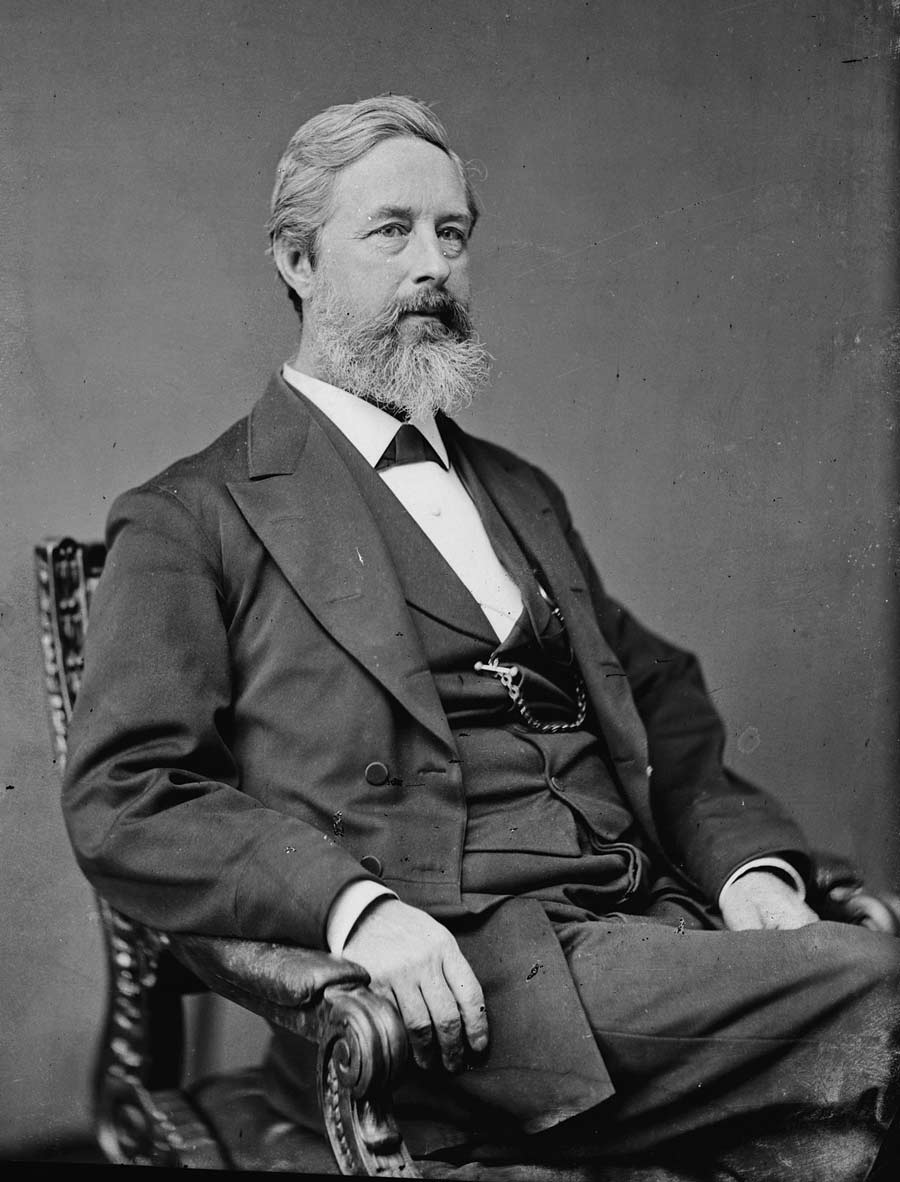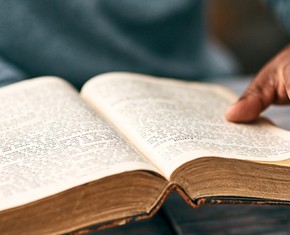The views expressed in our content reflect individual perspectives and do not represent the authoritative views of the Baha'i Faith.
Just a few miles from where I live stands the house—and the grave—of the man who helped give American women the right to vote.
As a United States Senator, he wrote the 29 words of the 19th Amendment to the US Constitution—which granted women’s suffrage after seven long decades of struggle and advocacy.

Senator Aaron Sargent
Senator Aaron Sargent, along with his wife Ellen Clark Sargent and her friend the suffragette Susan B. Anthony, introduced the “Anthony Amendment” in the U.S. Senate in 1878. Susan B. Anthony and Elizabeth Cady Stanton, the pioneers of the women’s rights movement in the U.S., had begun their work thirty years before, at the famed Seneca Falls Convention in 1848.
Half a world away, during that same exact year and season—the summer of 1848—the charismatic Persian poetess Tahirih removed her veil at the Conference of Badasht, and became the first woman to publicly demonstrate the Baha’i principle of sexual equality and the emancipation of her gender.
The 19th Amendment passed in 1920, and American women could vote. Aaron, Ellen and Susan B. had all died long before then, but their lifelong quest finally succeeded.
Right in the midst of the raging controversy over women’s suffrage, in 1912, Abdu’l-Baha came to the United States to proclaim the Baha’i principles of peace, unity—and the equality of the sexes.
In every city he visited, reporters covered his meetings, his remarks and his public appearances. Many interviewed him. One prominent newspaper, the San Francisco Examiner, focused on the Baha’i teachings on gender equality. The Examiner, the flagship of the Hearst chain of newspapers, called “The Monarch of the Dailies,” never mentioned the fact that Phoebe Hearst, the mother of the newspaper’s owner William Randolph Hearst, was a Baha’i.
But the Examiner reporter did pointedly ask, in his very first question, about the women’s suffrage movement in the United States, which he called “a radical teaching coming from an Oriental thinker.” Here’s a transcript of the fascinating exchange between the reporter and Abdu’l-Baha:
Correspondent: I have heard that you advocate the complete equality of men and women. This radical teaching coming from an Oriental thinker is of great interest and supreme significance. Just at this juncture the California women are clamouring for the right to vote for all the national and state officials, and your opinion on this important question will be greatly appreciated by the people.
Abdu’l-Baha: The question of equality between men and women has made greater advancement in America than elsewhere, and day by day it is assuming greater importance and becoming nearer to realization. However, as long as complete equality does not exist between male and female, the world of humanity will not make extraordinary progress. The woman is an important column, and there is another equally important. If we aim to have a durable building, the foundations of both columns must be laid very deep. The women are the first teachers and instructors of the small children. They teach them and inculcate morality in their minds and hearts. Later they go to universities for higher education and specialization. Now if the teacher or instructor is deficient, how can the scholar be properly trained? Therefore, it is proven that the culture and refinement of the men are intensified and will bloom and attain to perfect fruition when the women are equally educated and given the same educational facilities. Consequently the women must enjoy all the learning they are able to assimilate, in order that they may reach to the same level as men. The same privileges and opportunities must be conferred upon women; so that just as they share together life and its responsibilities, they may also share with him the same virtues of the world of humanity. Undoubtedly partnership in education and culture presupposes equality in rights. The world of humanity has two wings, one wing male, the other wing female.
Both wings must become strong, so that mankind may soar to the empyrean realms of its destined perfection. But if one wing is left weak and the other strong, its upward flight will be slow. God hath created both human. They share together and in common all the faculties. No one is endowed with special privileges. How can we make a distinction which is unknown in the sight of God? We must follow the policy of God.
Moreover, there is male and female in the vegetable kingdom. They are on an equal footing. Inherently they enjoy suffrage and there is no distinction between them. Likewise in the animal kingdom the right of suffrage and equality is enjoyed without any feeling of superiority of privilege. Therefore, it is well known that there is no distinction of gender in the vegetable and animal kingdoms, although they are deprived of the faculty of reasoning, and they have not the power of distinguishing. How can we, who are confirmed with the bestowal of reason, and enjoy all the facilities with which man is distinguished from the animal, act, in this manner and build these false barriers? Many women have appeared who have won for themselves fame and name, for the versatility of their intellects and the brilliancy of their thoughts. Amongst the Baha’i women many have shown remarkable capability in literature, sciences and arts, and have rendered distinguished service in every department of life. – Star of the West, Volume 3, pp. 206-207.
“How can we … act in this manner and build these false barriers?” Abdu’l-Baha rhetorically asked. How indeed? We need to keep asking that important question, still crucial today, until women have the exact same privileges and opportunities men have.
You May Also Like
Comments

















Uh... was their a mistranslation here, or did 'Abdu'l-Baha just say that plants vote?